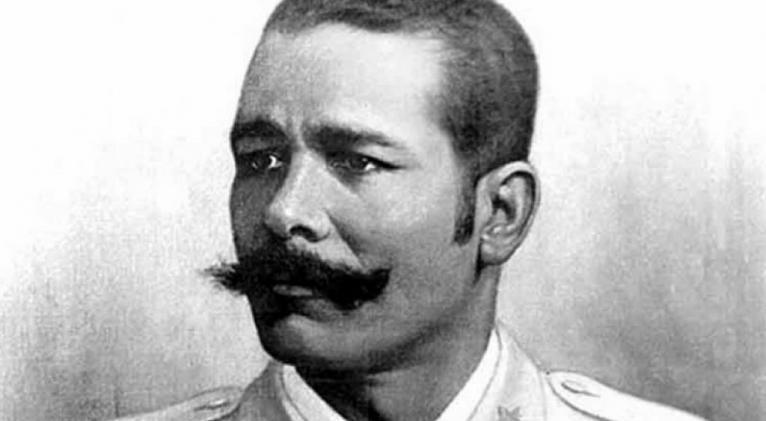Antonio Maceo's documents to be inscribed on UNESCO´s national register
especiales

The Record of the Antonio Maceo Documentary Collection and the Ten Years' War. Unpublished documents will be inscribed this Thursday in the National Register of UNESCO's Memory of the World Programme.
The compilation dates from 1876-1877 in the middle of one of the wars of independence, informed to the Cuban News Agency the Doctor in Historical Sciences, Yolanda Díaz Martínez, director of the Research Department of the National Archives of the Republic of Cuba (ARNAC), where this Thursday will be the official subscription ceremony.
She pointed out that all the documents included are unpublished and issued between January 1876 and June 1877, although a good part of them is made up of correspondence sent to Antonio Maceo, and also appear cited, either as senders or receivers of correspondence, other prominent figures of the Ten Years' War.
She said that names such as General Guillermo Moncada of the Independence Army, colonels José Maceo and Arcadio Leyte Vidal, as well as Captain Manuel Cisneros seem to be reflected.
Likewise, the correspondence signed by M. Diaz which, we presume, corresponds to the Dominican General Modesto Diaz, who in January 1876 was named Chief of the First Eastern Corps, although he did not immediately occupy that responsibility, which was temporarily Antonio Maceo's, she added.
She specified that the documentation, compiled and digitalized to facilitate its knowledge and dissemination, is constituted by a donation made in 1965 by Army General Raúl Castro Ruz, who in turn received it from Dr. Antonio Núñez Jiménez, in his capacity as President of the Cuban Academy of Sciences.
Martha Ferriol Marchena, director general of the National Archive of the Republic of Cuba, received in 2015 the Certificate of inscription of the Constitution of Jimaguayú in the National Registry of the Memory of the World Program of UNESCO.
That magna charter was approved by Cuban patriots on September 16, 1895, in the fields of Jimaguayú, now the province of Camagüey, to provide the Republic with government arms in order to lead the war for national independence and establish a provisional constitution.
Cuba treasures a great number of collections, documents and patrimonial funds of continental and international relevance, hence the importance of this Program for the Cuban National Commission of UNESCO and other organizations. (ACN)













Add new comment